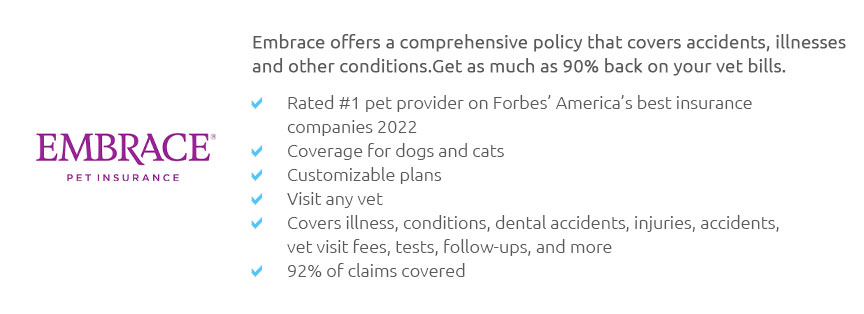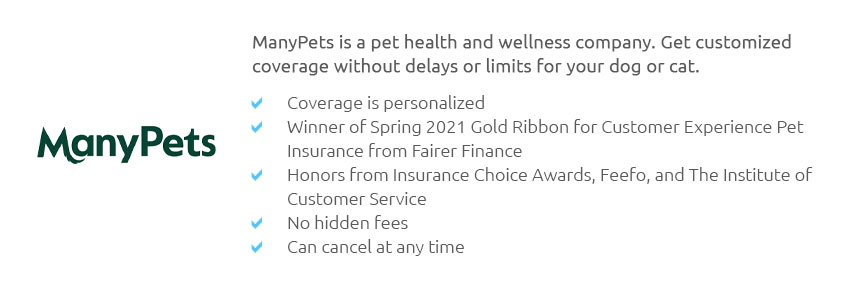 |
 |
 |
 |
 |
 |
|
 |
|
 |
|
 |
|
 |
|
 |
 |
 |
 |
 |
 |
 |
 |
Exploring the Intricacies of Dog Insurance that Covers VaccinesIn recent years, the topic of pet insurance has garnered significant attention, particularly as pet ownership trends continue to rise. Among the myriad of coverage options available, one aspect that stands out is dog insurance that covers vaccines. This type of coverage, while not universally offered, is becoming an increasingly sought-after feature among conscientious pet owners. But what exactly does it entail, and is it worth the investment? Vaccinations are a cornerstone of preventative veterinary care, safeguarding dogs against a host of potentially deadly diseases. These include rabies, distemper, parvovirus, and more. As any responsible pet owner will attest, these vaccines are not optional but essential. However, the cost can add up over a dog's lifetime, especially when considering additional vaccines that might be required based on lifestyle or geographic location. This is where dog insurance that covers vaccines comes into play. From a financial perspective, incorporating vaccine coverage into a pet insurance policy can offer a certain peace of mind. It ensures that the necessary vaccinations do not become a financial burden, particularly in multi-pet households. Moreover, it provides a safety net against unexpected health issues that can arise from a lack of vaccinations.
It is important for pet owners to carefully assess the specifics of any policy they are considering. This includes understanding the fine print regarding coverage limits and exclusions, as well as the potential impact on premiums. From a broader perspective, having insurance that covers vaccines can promote a more proactive approach to pet healthcare. By alleviating financial concerns, it encourages regular veterinary visits and adherence to vaccination schedules, which can contribute to a longer, healthier life for the pet. Furthermore, it highlights the growing recognition of pets as integral members of the family, deserving of comprehensive healthcare options. Nevertheless, it is worth acknowledging that some pet owners might prefer to pay for vaccinations out-of-pocket, particularly if their dogs are young and healthy. For these owners, the cost of insurance premiums might not justify the benefits received, especially if their pets do not require frequent veterinary visits. Ultimately, the decision to invest in dog insurance that covers vaccines is a personal one, influenced by a variety of factors including financial situation, the health of the pet, and personal philosophy towards pet care. What is dog insurance that covers vaccines?This type of insurance policy includes coverage for routine vaccinations, reducing the out-of-pocket expense for pet owners. Why is vaccination coverage important?Vaccination coverage helps ensure that pets receive necessary vaccines without financial strain, promoting regular veterinary care. Are there any drawbacks to this type of insurance?Some plans may have higher premiums or limitations on vaccine coverage, so it's important to review policy details carefully. How can I choose the best insurance plan for my dog?Consider factors such as cost, coverage limits, exclusions, and your pet's health needs to find a plan that suits your situation. https://www.metlifepetinsurance.com/blog/pet-insurance/does-pet-insurance-cover-vaccines/
Yes, pet insurance providers like MetLife Pet may be able to cover the costs of vaccines with a wellness plan. But usually, they're not ... https://www.reddit.com/r/service_dogs/comments/1f3fxp3/pet_insurance_for_spayed_and_vaccines/
Generally pet insurance doesn't cover 'expected' or 'preventative' expenses like spays and vaccines, without the premium being sky-high. Regular ... https://www.prudentpet.com/pet-insurance-101/shots-vaccines/
Do you need to know if pet insurance will cover shots & vaccines? With our Wellness coverage, you can get reimbursed for select ...
|